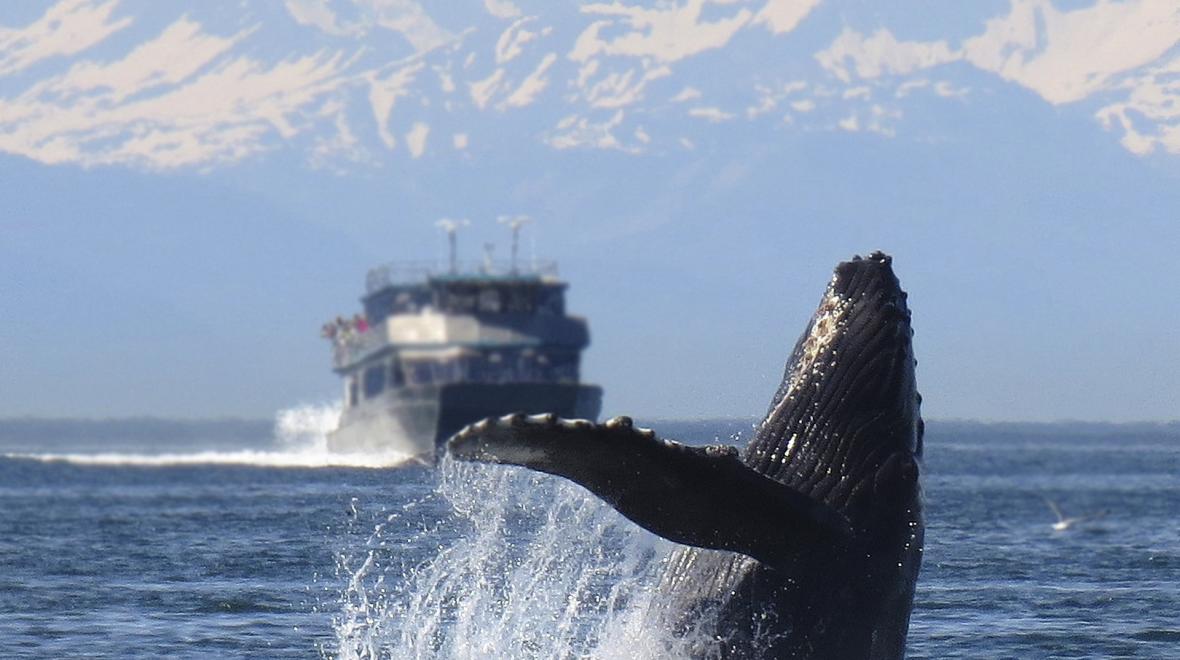
In the scientific community, it is now well recognized that anthropogenic noise poses serious threats to marine mammals. The main noise sources come from large commercial vessels such as cargo ships, tankers, cruise ships and ferries to small-size watercrafts such as motorized boats, fishing vessels and tugboats. Propeller cavitation, hull vibration and onboard machinery are the three primary sources of ship noise. In the low-frequency noise range (< 200 Hz), the propeller cavitation noise dominates the underwater-radiated noise (URN), which coincides with important frequencies used by whales and fish for their natural activities. In this talk, I will highlight our MELO project focusing on in-house high fidelity CFD and physics-based machine learning (PBML) models for modeling and controlling ship noise. To address this complex multidisciplinary problem of ship noise, the project aims to deliver a better understanding of fundamental physical mechanisms related to turbulent vortex and cavitation dynamics, which are essential elements for the generation of tonal and broadband propeller noise. For far-field noise propagation, we employ our PBML toolbox to create an end-to-end mapping between the ship noise source and the specified location of marine mammals. The proposed framework has a relevance to adaptive ship route optimization as well as the development of URN mitigation technologies.
Speaker: Dr. Rajeev Jaiman
UBC Mechanical Engineering
Rajeev K. Jaiman is currently an Associate Professor and NSERC/Seaspan Industrial Research Chair in the Department of Mechanical Engineering at the University of British Columbia (UBC), Vancouver. Prior to his current appointment at UBC, he was an assistant professor in the Department of Mechanical Engineering at the National University of Singapore (NUS). Before joining NUS, he was the Director of CFD Development at Altair Engineering, California. Dr. Jaiman earned his first degree in Aerospace Engineering from the Indian Institute of Technology, Mumbai. He received his master’s and doctorate degrees from the University of Illinois at Urbana-Champaign with Computational Science and Engineering option. His research interests broadly include multiphysics simulations, fluid-structure interaction, computational fluid dynamics, data-driven modeling and machine learning.
Hybrid: AERL Theatre, 2202 Main Mall, UBC Vancouver or via Zoom.
RSVP: https://oceans.ubc.ca/news-and-events/iof-seminars/weekly-seminars/